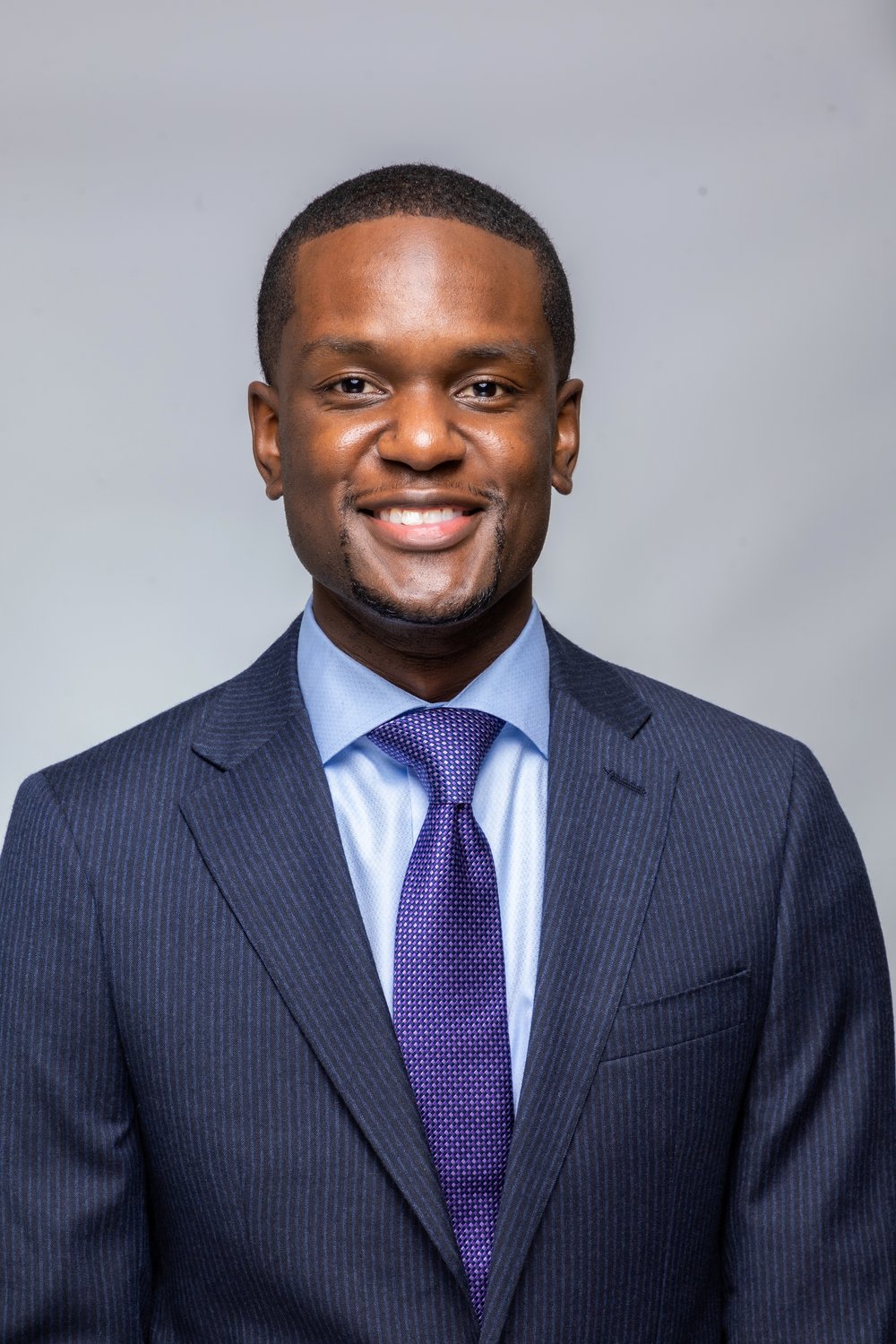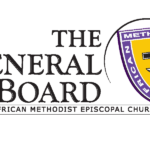By Rev. Jamar A. Boyd, II, M. Div.
The terms restitution and restoration are often used to communicate an institution’s or individual’s aim to repair wrong(s). Harm is possible despite our best efforts, whether intentional, happenstance, or unintentional consequences. Unfortunately, too often, a consequential spiral of reactionary decisions occurs. The organization’s identity and public reputation are prioritized, which sometimes overshadows the need to address the emotional distress, betrayal, and loss experienced by those affected. This creates a precarious situation for all involved, eroding trust and hindering the potential for harmonious engagement and communal unity unless a tangible repentance process is involved.
Arguably, a tangible process of repentance is essential to demonstrate understanding, acknowledge the need for change, and rebuild hope. Repentance reveals an understanding of a body’s actions, the need for change, and reconstituted hope. Such is where the African Methodist Episcopal Church finds itself, as questions remain with the connectional body regarding retirement services and the need to provide full restitution to those impacted.
Undeniable is the direct impact of loss upon the lives of servants who’ve committed themselves to African Methodism. One stated, “The need for reform in the AME Church begins at the stage and not sacrificing the servants and laborers of the church. What we are witnessing is protecting who we want to protect. To another, declaring, “I’m here for my family.” Retired Bishop Vashti McKenzie called for the General Conference to not disrespect that which God has given us because of trauma and suffering regarding the great tension, strain, and anger as pension fund questions continue to exist.
Matters of retirement funds are a significant source of concern, contention, and continued call for the question. While the question of restoring those affected remains unanswered, the conflict between prioritizing the well-being of individuals and protecting the institution’s reputation continues to escalate. Amid the challenges, there is a viable opportunity to center the needs of the people while understanding the denomination’s critical role in practicing justice and equity. This calls for a righteous reimagining of the future that addresses long-term transformation and a holistic approach to present healing, which will be strenuous.
Healing is essential for individuals and the institution as a whole. This includes acknowledging the pain and suffering caused by the retirement fund crisis, providing support to those affected, and creating a safe space for open dialogue and a period of open lament. Without each of these, in full, as some are currently ongoing, the engagement of transformation will be stifled by lingering and unspoken grief. Reconciliation must be prioritized for long-term transformation and a viable future.
Long-term transformation will require a commitment to systemic change, including reforms to financial management practices, improved communication and accountability, and a renewed focus on the spiritual and ethical principles that underpin the AME Church. Yes, some of this is evident by changes implemented already and still more will need to be seen by the people. By prioritizing both healing and transformation, the AME Church can emerge from this crisis stronger, more united, and better equipped to justly support its servant leaders.
Restoration and restitution are not mere buzz words to sensationalize or dramatize the current state of affairs. Instead, they are the result of a body truly committed to the gospel of Jesus Christ that compels us to be repairers of the breach. Not only breaches of imperial and governmental trust, it too includes our institutional church bodies and the continual need to pursue kingdom focused objectives even in strenuous times. Furthermore, this is not merely about finances or limited to one’s accessibility, integrity, or position within an organization. It too includes celebration, commendation, and confrontation to reach an appropriate and equitable conclusion.
Healthily engaging the matter is strenuous, but requires a willingness to engage the vulnerability required to usher in a fresh wind of hope. With renewed potential there is the tangible witnessing of repentance and reconciliation essential to “restoring” those who’ve been directly impacted, damaged, and disillusioned with the connectional church.






Matters of retirement funds are a significant source of concern, contention, and continued call for the question. While the question of restoring those affected remains unanswered, the conflict between prioritizing the well-being of individuals and protecting the institution’s reputation continues to escalate.
Regarding the quote highlighted above from your article. Our reputation has already been sullied. We are all over the news. We are all over social media. We are divided in house, and the feeling of betrayal by those who lost their retirement funds is palpable. How to restore our reputation, and achieve reconciliation is to have a well thought out plan that is communicated and shared with the body. The recent resolution and vote to make those who loss their retirement whole is a good beginning. The next step is the difficult one. It is almost impossible to make good decisions in an open business session. I look forward to the report for next steps. I look forward to hearing from an objective committee who considered all viable options to share with the body. Let the body and delegates have the opportunity to discuss and vote. We cannot afford to let this issue continue without resolution. Think about the news that will come out of this General Conference if we do nothing. Many organizations have been able to reclaim their reputations, the one thing they did was to not avoid the problem, they acted with a viable solution, they communicated the solution broadly and they followed up to ensure the solution was being implemented. I pray we do the same.
Grace and Peace. Rev. Roger Williams